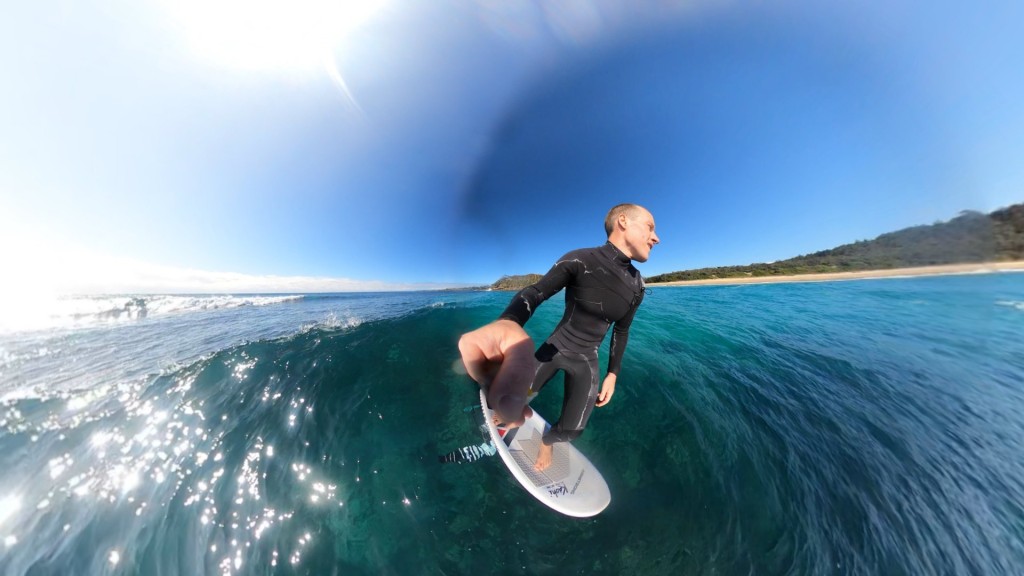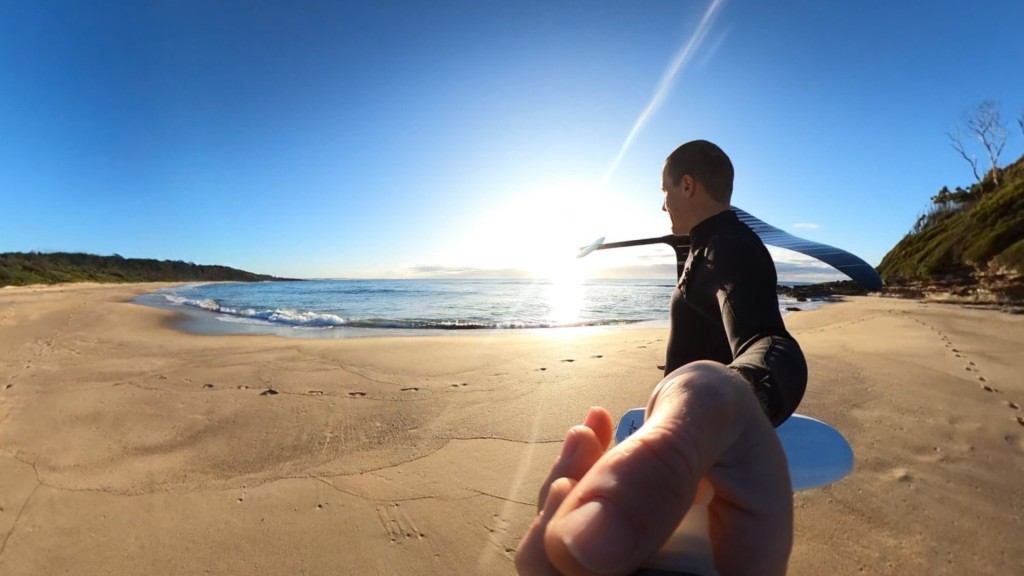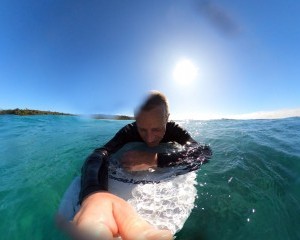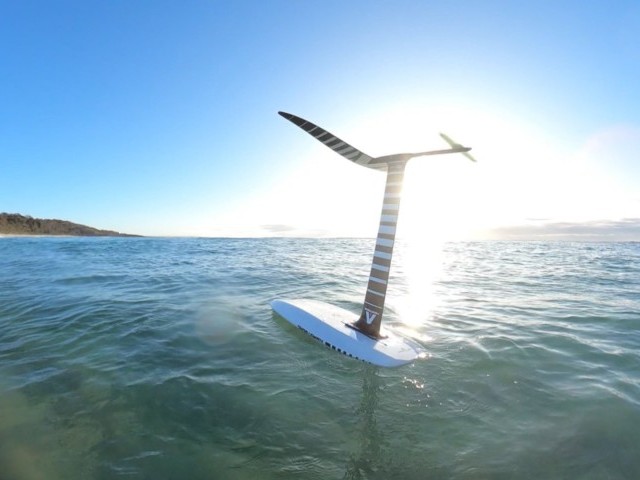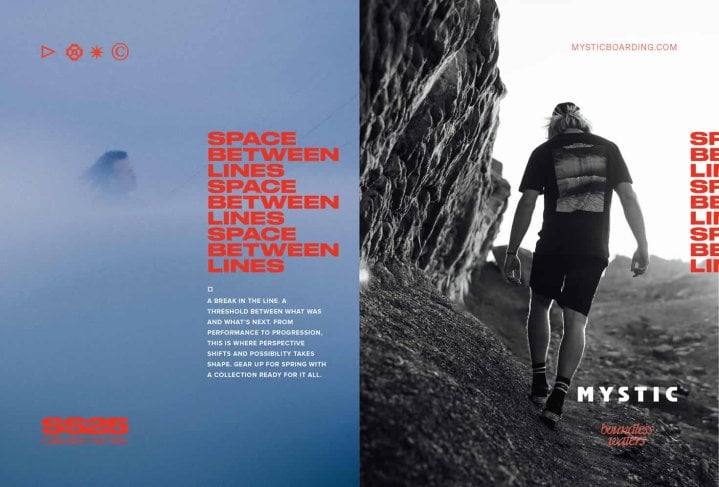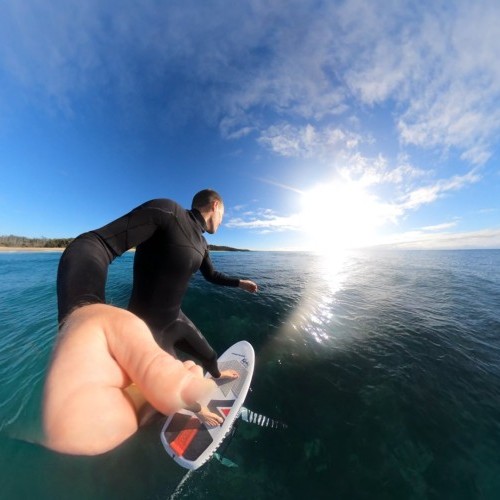
World Record Prone Foil – Oskar Johansson
Thu 1st Sep, 2022 @ 12:00 am
Oskar Johansson has just done the unthinkable…he stayed on foil at the same break for 2 hours 46 minutes 19 seconds! It’s pretty much unbelievable! Jack Galloway had to chat with Oskar immediately and find out how he did it on earth.
Firstly, massive congratulations. Such an impressive feat that is hard for almost everyone that foils to comprehend. How are the legs feeling now?
Thanks, mate; I didn’t expect this result. The legs are surprisingly good. The next morning, I went for a foil, and the calves were a little tight, but there was no real soreness. I think it goes to show that it was more nutrition related.
How long had you been planning to go for the record?
It’s been in the back of my mind since Adam released his record, but I never really set a goal. I am heading to Hood River for the AWSI event and wanted to get in shape beforehand. I spent the last month adding runs a few times a week and just ensuring I was foiling as much as possible. It was only last week that I figured I should have a crack at the record and see where my fitness was before going to Hood.
What was your previous best? Did you know how far you’d be able to go?
I think my previous best was about 1hr 3mins. I knew 1 hour was possible and had my hopes set on 1hr15m – 1hr30m. I hit the hour mark feeling great, motivating me to keep pushing and test how far I could go. It honestly kept feeling very comfortable up until 2 hours, and things started to fall apart physically and mentally.
What conditions were you looking for, and what was it like on the day? Was the swell period longer than you wanted?
Ideally, I wanted a short period swell around 6-7s, 1ft max, and a light offshore breeze. The low period swell just means sets are more consistent, and you don’t get stuck in a position pumping too far out and risking not finding a wave to ride back. The conditions I got were almost perfect, except the swell period was 12.5s which made for some big lulls between sets. I made it work by doing short laps along the inside of the bank and waiting until a decent set showed up and then pumped out further to get a good rest on the way back.
Does the tide play a big part in that spot? It looked like you set out just before high tide. Was that to give you the best chance of not grounding out?
Absolutely. We only ever foil here when the tide is over 1m. Otherwise, you hit the bottom when paddling in or start to clip the seaweed while you’re on foil. I went out about an hour before high, thinking I had a 2-hour window which was plenty, but as I got past that 2-hour mark, the tide was getting too low. There is one patch of weed on the inside that I can usually avoid and stay wide of, but occasionally I had to ride smaller waves that forced me to go over it. I managed to stay high on the mast and risk it a few times, but eventually, it got me.
I can’t believe you were knocked off rather than getting tired! What techniques do you use to save your legs and the lactic build-up?
There are so many! Mostly it is balancing the load between different muscles by shifting my feet around. I can load my front leg more on the pump by bringing it back and narrowing my stance. I spent a lot of time trying to engage my glutes more, straightening my hips at the top of the pump and standing very tall. I also moved my feet towards or away from the centreline of the board to work out what would give my calves a rest. Mostly I was riding with a more centred stance than normal.
What do you think is most efficient, a long pump to a wave out back and a long rest, or short pumps with short rests closer to the break?
Good question! The short pump/rest keeps your heart rate down, but you can feel the lactic building quicker in the legs, while the longer pump is more aerobically taxing, but if you are in good shape to recover and clear the lactic, then it works out. I think the longer pump comes with a bigger risk of going into that “red zone” for your heart rate, which is very hard to recover from, but the recovery you get on a long ride can be worth the risk.
That HA1325 looked ideal for the job. Can you be specific about the rest of the gear you used?
I used the 85cm mast, it’s long and doesn’t pump as well as a shorter mast, but the benefit is you have more margin for error which was a concern for me being on foil so long. I used a standard length fuse (60cm) just to keep things smooth and stable and to be able to relax more and not think about controlling the pitch. The rear wing was a thinned-out Crisp 333 (@crisp_OG). It is a unique foil section for a rear wing; it adds lift and front foot pressure but maintains efficiency. And my board was the Armstrong 4’0 FG wing surf with the mast at 6.5 in the tracks.
What did you do to maintain focus and motivation for the hours on foil? It must’ve been tricky.
This was one of the hardest parts. Early on, I spent a lot of time trying not to focus on the pain and look around more. I saw a friend walking her dog that would bark at me anytime I got close to shore, so every lap, I would ride in closer and closer. After that, I became very time driven. 1st, get to the hour, then Adams time, then 1hr 30, 2hrs, 2hrs 15, then your marathon time of 2hrs34min came into my mind, so that was another goal. Honestly, after 2hrs15min, the pain was too hard not to focus on it. I was losing a lot of focus and could only think about stopping, so it became a game of trying to get through every pump back out and use the rest to motivate myself for the next one. And then just keep repeating that cycle. The time was going very slow at that stage!
I bet! We get the impression this is just the tip of the iceberg of what is possible for you…especially considering it was your first go! What do you think you could do to improve for next time? Nutrition? Gear? Forecast?
Honestly, I think anything is possible at this stage. I am not fit for anything like this duration, so a proper training block/taper catered for more time and the constant heart rate spikes would help. Nutrition and hydration are what I think brought me down mostly, so carrying a camelback and some nutrition will make a huge difference. The other thing is to source a thinner 2:2mm wetsuit or do it in board shorts. I overheated and lost a lot of fluids in a 3:2mm suit, but the water temperature was 15 degrees Celsius, so I couldn’t think of doing it any other way.
We liked the rules you set out; could you repeat them again for our readers?
- I just wanted to make it so that anyone could replicate the conditions at their own break and have a crack. Basically, try and remove the variables that would make one wave easier than another.
- No reverb/backwash to assist on the pump back out.
- No bouncing between two peaks; if you ride a left on one peak, you have to pump back out to the same peak.
- (this is a new one) You can’t receive nutrition from any external source. So you have to start with whatever water/nutrition you want to use throughout.


